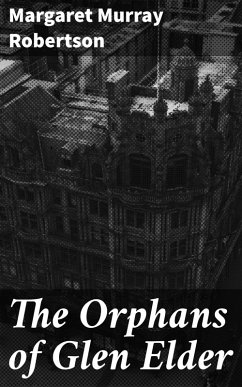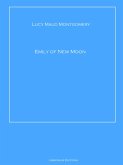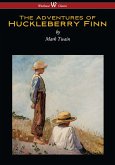Margaret Murray Robertson's novel, 'The Orphans of Glen Elder', delves into the lives of children left orphaned in the village of Glen Elder. Set in the 19th century, Robertson portrays the struggles and resilience of these young protagonists with a poignant and evocative literary style that immerses readers into the harsh realities of orphanhood in a bygone era. Through vivid descriptions and rich character development, the book offers a glimpse into the social and economic challenges faced by orphaned children during that time period, highlighting themes of resilience, community support, and the power of friendship. 'The Orphans of Glen Elder' is a compelling and thought-provoking read that sheds light on an often-overlooked aspect of historical fiction. Margaret Murray Robertson, a prolific writer of the 19th century, drew inspiration from her own experiences working with disadvantaged children in writing 'The Orphans of Glen Elder'. As a social reformer and advocate for children's rights, Robertson brought a unique perspective to her storytelling, infusing her narrative with compassion and empathy for the marginalized. Her background in social activism adds depth and authenticity to the portrayal of orphaned children in the novel. Readers interested in historical fiction that explores themes of resilience, community, and social justice will find 'The Orphans of Glen Elder' to be a captivating and enlightening read. Robertson's masterful storytelling and heartfelt portrayal of her characters make this novel a must-read for those looking to delve into the lives of marginalized individuals in 19th-century Scotland.
Dieser Download kann aus rechtlichen Gründen nur mit Rechnungsadresse in A, B, BG, CY, CZ, D, DK, EW, E, FIN, F, GR, H, IRL, I, LT, L, LR, M, NL, PL, P, R, S, SLO, SK ausgeliefert werden.









